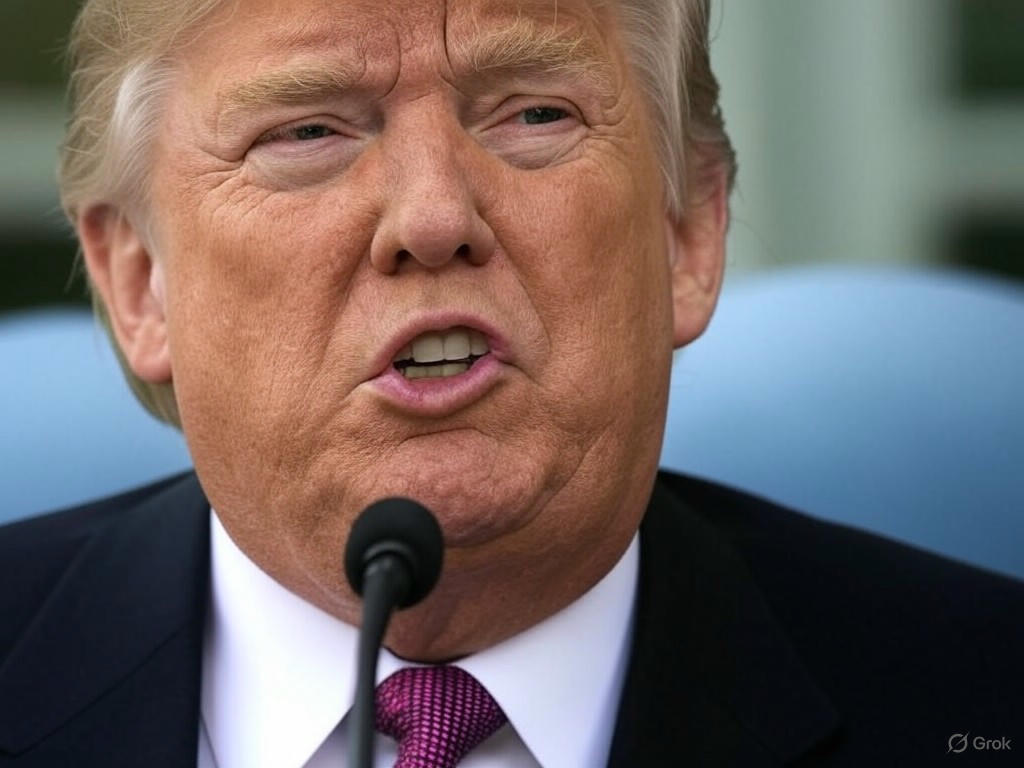President Donald Trump has once again stirred international discourse with a striking analogy about the ongoing conflict between Ukraine and Russia. During a recent Oval Office discussion with German Chancellor Friedrich Merz, Trump compared the war-torn nations to two feuding siblings locked in a bitter, unrelenting spat. He suggested that perhaps the best course of action might be to step back and allow the two countries to ‘battle it out for a while’ before intervening. This unconventional perspective has drawn both sharp criticism and cautious curiosity from global leaders and analysts alike, as the war continues to devastate lives and reshape geopolitical alliances.
The remarks came at a time when the conflict in Eastern Europe remains a focal point of international concern. With countless casualties, displaced families, and economic ripple effects felt worldwide, many had hoped for decisive leadership from the United States to push for peace. Instead, Trump’s comments seem to advocate for a hands-off approach, at least temporarily. He implied that letting the two sides exhaust their grievances might create a natural opening for dialogue, much like how siblings often reconcile after a heated argument. While the analogy may resonate on a personal level for some, applying it to a complex war involving sovereign nations raises questions about its practicality and ethical implications.
Critics argue that such a stance risks prolonging the suffering of innocent civilians caught in the crossfire. Humanitarian organizations have already reported staggering losses in Ukraine, with infrastructure decimated and millions in need of aid. On the other side, Russia faces its own internal challenges, compounded by international sanctions and military setbacks. Allowing the conflict to drag on, detractors say, could embolden aggression and destabilize the region further. European allies, including Germany, have expressed unease, with Chancellor Merz reportedly emphasizing the urgency of diplomatic efforts during the meeting. The idea of stepping back contradicts the collaborative spirit many NATO members have championed in supporting Ukraine’s defense.
Yet, some political analysts see a sliver of strategy in Trump’s words. They speculate that his comments might be a tactic to pressure both sides into negotiations by signaling that unwavering Western support is not guaranteed. If Ukraine and Russia believe external intervention will not come swiftly, the theory goes, they might be forced to the table sooner. However, this gamble carries high stakes, as miscalculations could alienate allies or escalate tensions beyond repair.
As the world watches this unfolding chapter of the Ukraine-Russia saga, Trump’s latest remarks have undeniably added a layer of uncertainty to an already volatile situation. Whether his approach will be seen as a bold, unconventional move or a reckless misstep remains to be seen. For now, the focus remains on the human cost of the conflict and the urgent need for a resolution that prioritizes peace over prolonged strife. The international community holds its breath, waiting to see if words will translate into action—or inaction—that shapes the future of this war.
